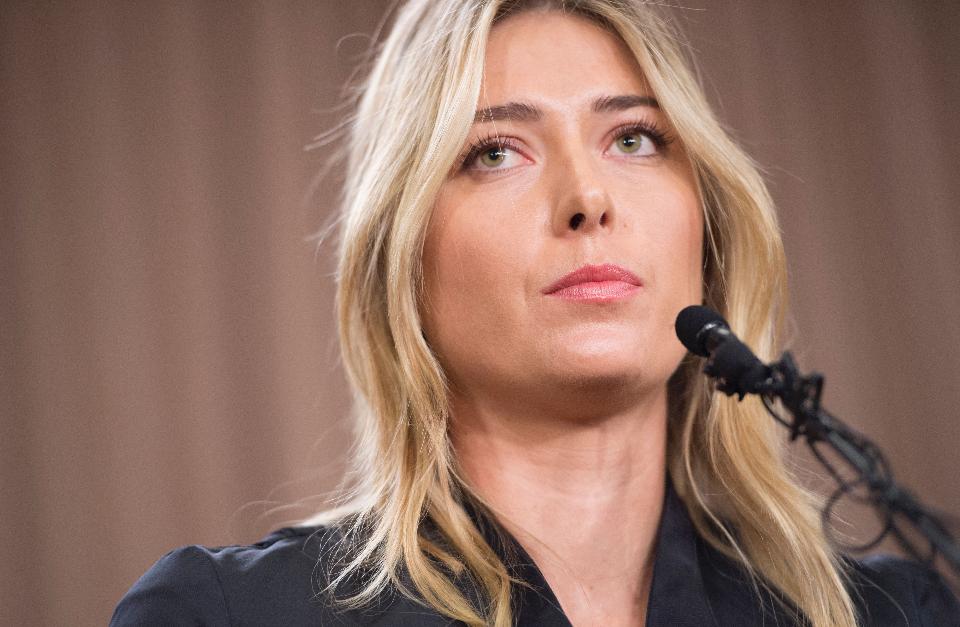Sharapova's huge mistake
 Dan Barrie Posted on
Dan Barrie Posted on  Friday, March 18, 2016 at 6:34PM
Friday, March 18, 2016 at 6:34PM Last week Maria Sharapova announced that she had tested positive for the recently banned substance meldonium at the Australian Open in January. She claims she was unaware of the drug becoming banned as of 1st January and has been taking the drug for the past 10 years due a variety of health issues including an irregular EKG and an indication of diabetes. She faces a ban of up to four years which, if handed down by the anti-doping committee, would almost certainly mean the end of the soon-to-be 29 year old’s playing career. Does she deserve to have the book thrown at her?
WADA may not have done enough to communicate the changes to athletes
A lot hinges on whether her lawyer can prove that she has indeed been taking the drug for medical purposes and not for performance enhancement. If she’s telling the truth then one would assume that this shouldn’t be difficult as there should be plenty of medical records to refer to. Her public announcement admitting that the result of the test was correct, without waiting for the adjudication process to be completed and without requesting that her B sample be tested, was a smart move that can only help sway the outcome in her favour.
The other key to receiving a reduced ban from the game will be Sharapova showing that she was unaware of the drug being added to the banned list as, even if she fails to prove that her reasons for using the drug were innocent, the maximum penalty for unintentionally using a  prohibited drug is two years. The drug, originally developed in Latvia to improve blood flow for heart patients, was added to the list due to evidence of its use by athletes with the intention of enhancing performance. Surprisingly, dozens of athletes have already been caught using it since the start of the year. It seems absurd that so many athletes would risk harsh penalties if they were all aware of the drug becoming prohibited, for it would only be a matter of time before they were caught. Therefore, the implication that WADA (World Anti-Doping Agency) may not have done enough to communicate the changes to athletes could help Sharapova’s case.
prohibited drug is two years. The drug, originally developed in Latvia to improve blood flow for heart patients, was added to the list due to evidence of its use by athletes with the intention of enhancing performance. Surprisingly, dozens of athletes have already been caught using it since the start of the year. It seems absurd that so many athletes would risk harsh penalties if they were all aware of the drug becoming prohibited, for it would only be a matter of time before they were caught. Therefore, the implication that WADA (World Anti-Doping Agency) may not have done enough to communicate the changes to athletes could help Sharapova’s case.
That said, Sharapova admitted to receiving an email from WADA on 22nd December with a link to prohibited items for 2016, which she says she failed to look at, so it would be naive to think she will walk away unscathed. In fact, regardless of the length of her suspension, she has already been punished financially in a way that few other athletes can, having lost lucrative endorsement deals with Nike, Porsche and Tag Heuer who all severed ties with the megastar upon hearing the news. So whether she incomprehensibly risked her career and flouted the ban, or simply couldn’t be bothered clicking a few links to receive crucial information, this “huge mistake” will haunt Sharapova for many years to come.

Reader Comments